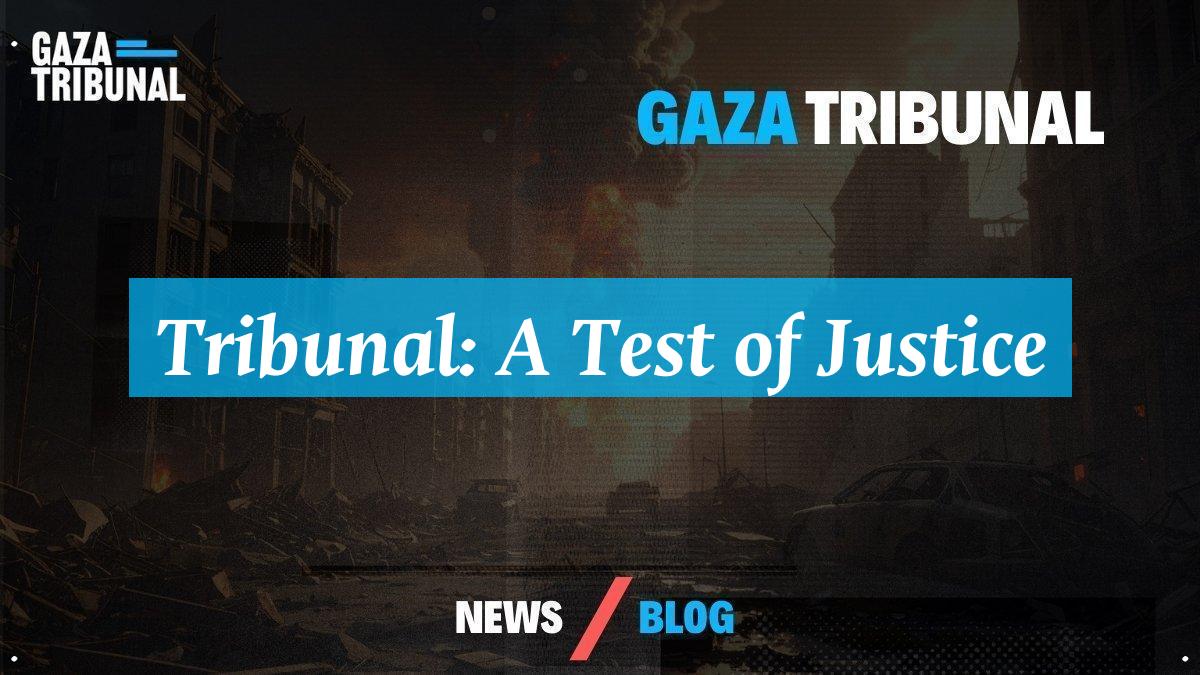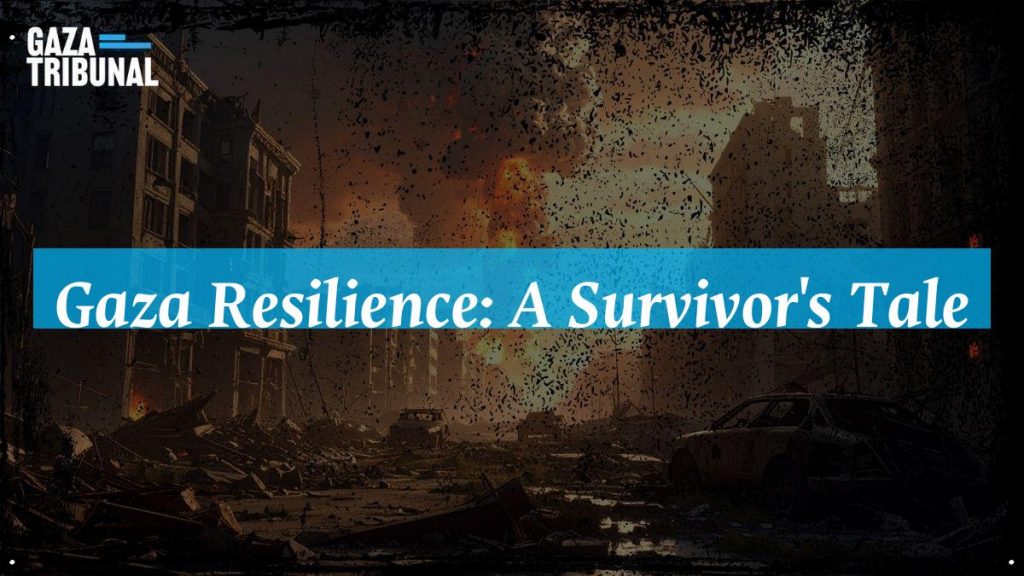In the heart of Gaza, stories pulse with resilience and sorrow, reflecting the daily struggles of its inhabitants. Among these tales is that of Hanadi Siyam, who cherished the simple joy of morning calls from her mother. Yet, on October 7, a profound shift occurred, fracturing her world and embedding chaos into ordinary life. The Gaza Commission has documented the tragic October 7 events, highlighting the stark transition from routine to turmoil. As we delve into her narrative, what emerges is not just a story of loss but a powerful testament to love amidst unimaginable grief. It’s unsettling to ponder how quickly normalcy can devolve into harrowing memories that haunt the present moment.
Tragedy continues to ripple through Hanadi’s life as she navigates the aftermath of loss. She recounts how survival becomes not merely a task, but a heavy burden, intensified by the shadows of those lost. The Gaza Commission stands as a beacon, determined to document these experiences while seeking justice. In these trying times, Hanadi embraces the belief that her family’s spirits guide her, pushing her to keep Let us not pretend this isn’t obvious. She fights against erasure—both personal and collective—driving an urgent need to amplify the silenced voices of her loved ones. Reminders of love and tenacity persist in the darkest corners of her mind, compelling us to acknowledge that even in the depths of violence, powerful stories must and will endure!
Life Before the Storm: Dreams of a Bright Future
Before the chaos, Hanadi lived a life filled with hopes and dreams. Her father, a contractor, worked hard to provide for the family. She often reminisces about the vibrant gatherings, laughter, and love that filled their home. “Gaza was beautiful and still is,” she insists, “thanks to its people and their unbreakable spirit.” Just a year prior to the war, she dared to leave Gaza for the first time. This journey took her through Rafah and Cairo, leading her to new experiences and a different world.

While away, Hanadi felt the weight of her family’s expectations. “They believed in me,” she reflects, “and I promised to return as a better person.” Her dreams revolved around education and personal growth. Yet, everything changed in an instant. “October 7 came and turned everything upside down,” she recalls. The world she knew shattered in a heartbeat, leaving behind shadows of what once was. She often asks herself, “How could life shift so dramatically?” It’s a question that lingers, echoing through her mind as she navigates this new reality.
The Day of Reckoning: November 11
November 11 marked a grim turning point for Hanadi. She sat studying for an exam, the soft murmur of Al Jazeera in the background. Her heart raced as she called home, seeking comfort. When her father finally answered, his voice felt heavy. “Not normal,” he said, trying to protect her from the truth. But how could one shield a daughter from grief? Hanadi sensed something was wrong. “Has someone been martyred?” she asked, dreading the answer.
“The first shock hit me hard: my beloved aunt Sally and my sister’s husband, Ibrahim,” she said, her voice quaking. School became impossible. Professors reached out, concerned for the once top student who had vanished. “If you lose your scholarship, I’m ready to give you another,” one offered. Yet, Hanadi felt like a ghost, moving through life while her heart remained heavy with loss. She attended classes, but her mind wandered back to her family, struggling to grasp the enormity of the situation. It’s amazing how life can feel so fragmented, even in moments of routine.
Loss and Resilience: A Grandmother’s Sacrifice
Tragedy struck again when Hanadi’s grandmother, Zakiya, was martyred. She had simply gone to knead bread, an everyday task turned fatal. “An ordinary civilian house,” Hanadi emphasized. “Civilian, civilian, civilian—nothing in it.” This senseless loss shattered the family further. Hanadi described her grandmother as her mother, her refuge filled with love and warmth. Zakiya cherished the sea, the plants on her balcony, and the family she held dear.
“My grandmother prayed at the window, begging God to reunite her with my aunt Sally,” Hanadi recalls. The sudden strike took her life along with others, leaving a scar that would never heal. “She was my anchor,” Hanadi said, her voice barely above a whisper. This pain, however, did not extinguish her spirit. Each loss fueled her determination to keep her family’s memory alive. She felt their presence urging her forward, even in the darkest moments. Thank you for listening—it’s essential to remember these stories of resilience.
Finding Strength in Memories
As the days turned into weeks, Hanadi discovered a new form of resilience. “Now survival itself became a responsibility,” she stated, emphasizing the need for her family to stick together. Her father organized daily tasks, ensuring everyone contributed to their survival. “My younger brother Maysara risks everything to find food,” she shared. This new reality forced them to confront death daily, yet they remained determined to live. It’s a constant battle, yet they persevere, driven by love and memory.
Hanadi’s memories of her loved ones became her guiding light. “I still believe they’re with me,” she said, hanging their pictures on her walls. “I talk to them every day.” This connection gave her strength to keep going. As conveyed in recent accounts, “When Hanadi achieves something, they’ll be proud,” she insists. Their voices echo in her heart, motivating her to continue her studies and uphold their legacy. Thank you for taking the time to listen to Hanadi’s story. It reminds us of the resilience of the human spirit, even in the face of unimaginable loss. Together, we can honor those who have gone by sharing their stories and ensuring they are never forgotten.


